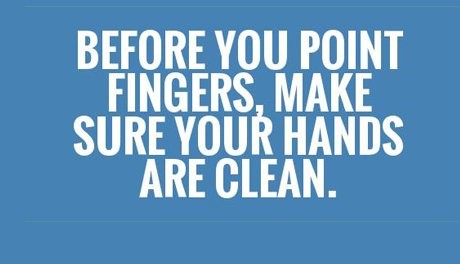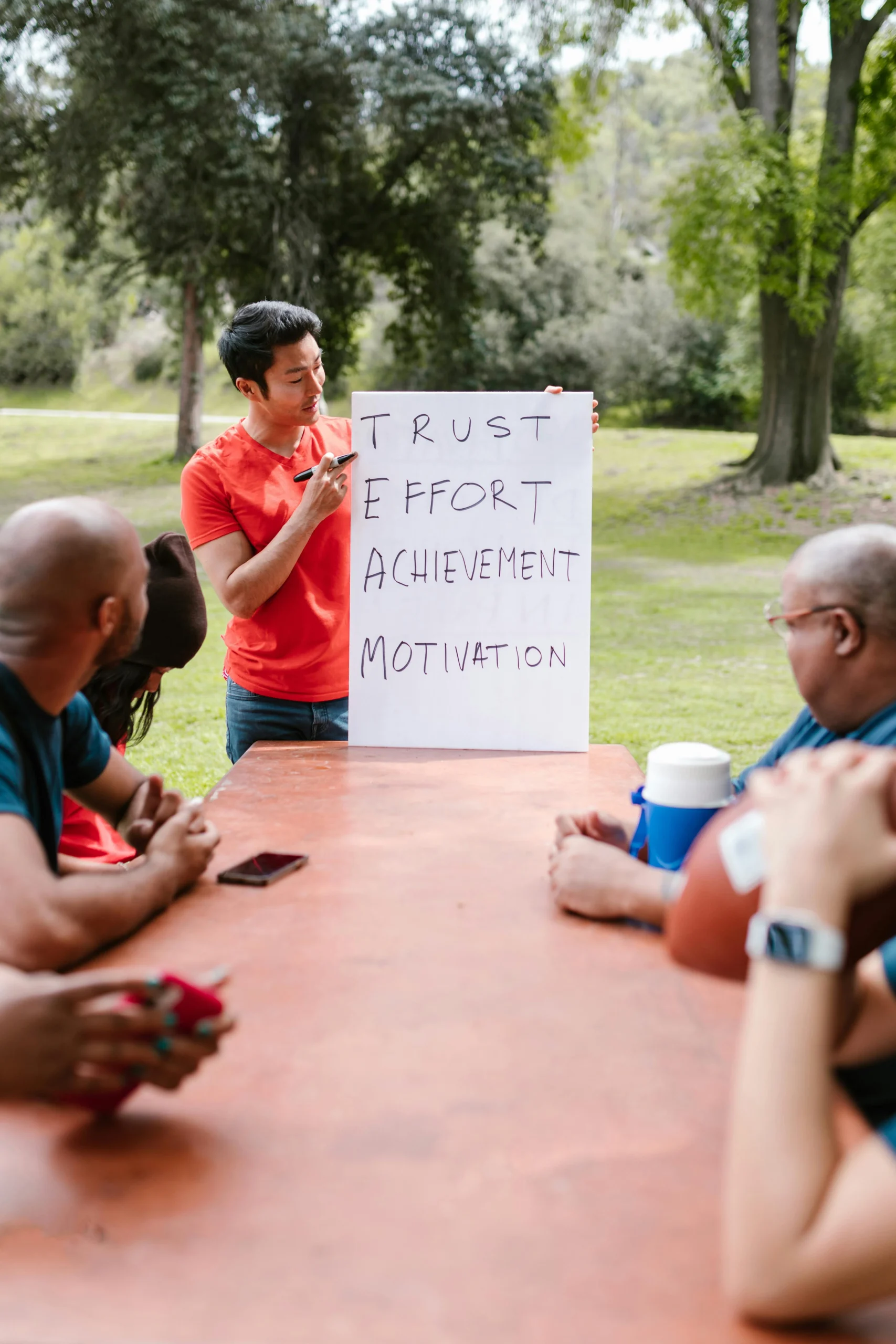“Accountability is not just a mind-set—it’s also a skill-set that everyone can learn. Understanding how to be more accountable is crucial for personal and professional growth.”
The Benefits Of Personal Accountability
For many people it can be tough to be responsible and take personal accountability. Accountability is tough, but it builds stronger relationships with everyone around you. Professionally, being accountable builds trust and relatedness with others as well as within teams. Accountable leaders keep their promises, earning trust and respect. I like to call this simply having integrity. Understanding how to be more accountable is essential for these reasons.
People who take responsibility for their actions speak up, and they look for solutions when there’s a problem. They don’t get into the blame game or begin finger pointing.
“Personal accountability isn’t a trait that people are born with, it’s a way of living that you can learn.”

Below are 6 tips you can take on now to start building your own accountability muscle.
How to be more accountable: Know Your Role
To be accountable, you need to know what you’re responsible for. If you’re unsure, ask your boss or a colleague. This applies to both friends as well as colleagues. If team responsibilities are unclear, ask your manager to clarify and share task assignments with everyone. In this way, you will learn how to be more accountable in your role.
Takeaway: Do not be afraid to ask questions. It’s better to not waste time and spin your wheels if you don’t have to. In the end you will look more foolish for wasting your time as well as others.
How to be more accountable: Be Humble
Success in life usually comes when you’re completely honest with yourself and with others. This means setting aside your pride, and admitting when you’ve made a mistake. Being humble is a step in learning how to be more accountable.
Takeaway: Honesty is always the best policy, but don’t use it to blame others, or to make excuses. Instead, focus on your own role in a situation, and think about how you can resolve the problem.
How to be more accountable: Own Your Mistakes
Accountability doesn’t stop with personal humility and honesty. If something has gone wrong and you were responsible, then you need to step up and right the wrong. Some say there is a difference between “apologizing” and saying “I am sorry” but I personally believe the overall sentiment is the same. You are acknowledging the current situation and your piece or part in it. Thus, you are showing you know how to be more accountable.
Takeaway: Focus on making amends and building bridges, not erecting walls. Express a level of sincerity that shows the other individual that you’ll do what it takes to make the situation right. This allows everyone involved to move on, and helps them focus on the end goal, rather than the problem.
How to be more accountable: Manage Your Time
Time management is a valuable skill, but procrastination is a common way to avoid responsibility by delaying dealing with problems. This ultimately means that someone else may be burdened with it and have to solve it instead. Your unreliability will damage your reputation and relationships, both professional and personal. Knowing how to be more accountable involves mastering your time.
Takeaway: The way people perceive you is critical in all aspects of your life. Beat procrastination by figuring out what’s stopping you. Is the task too big, are you missing info, or are you confused about what to do? (See tip #1).
How to be more accountable: Don’t Over Commit
Fact: When you take on too much, something will eventually fall through the cracks. That means that you’ve let someone or some group down. Before agreeing to a new role, task, or assignment, carefully consider your schedule and whether you can meet the expectations and deliver high-quality work. Overcommitting is something to avoid when learning how to be more accountable.
Takeaway: Saying “no” or “not now” can help you create personal and professional boundaries which can aid you in your overall time management skills. If you are not sure you can complete the task that is being asked of you, don’t be afraid to first ask questions (see tip #1) to ensure you can properly evaluate how long it will take and whether you can fit it into your existing priorities.
How to be more accountable: Ask For Feedback
Accountability can open up powerful learning opportunities but only if you unlock the door. To avoid repeating mistakes like overcommitting, taking on tasks blindly, or mismanaging time, seek feedback when things go wrong. It’s a key learning opportunity that will teach you how to be more accountable.
Takeaway: Each day/night – take a moment to look back on what you were asked to do and what you actually accomplished. Think about if you were successful and if you weren’t, ask yourself what could you have done differently that may have resulted in a faster, smoother or easier outcome.
The Impact of Executive Coaching
Executive coaching in Los Angeles, California, plays a crucial role in fostering personal accountability among leaders and professionals. These coaching programs provide a structured and supportive environment for individuals to explore their strengths, weaknesses, and areas for development. Through personalized guidance and feedback, executive coaches help individuals identify and overcome obstacles to accountability, such as fear of failure, lack of self-awareness, or ineffective communication patterns. By investing in executive coaching, individuals in Los Angeles can gain the tools and strategies necessary to enhance their accountability, leading to improved leadership effectiveness, team performance, and organizational success.
Summary
When you’re personally accountable, you take ownership of situations that you’re involved in. You see them through, and you take responsibility for what happens – good or bad. You don’t blame others if things go wrong. Instead, you do your best to make things right. Over time, you’ll develop skills to navigate challenging situations and maintain your integrity, perception, performance, and happiness. Learning how to be more accountable will lead to these positive outcomes.





